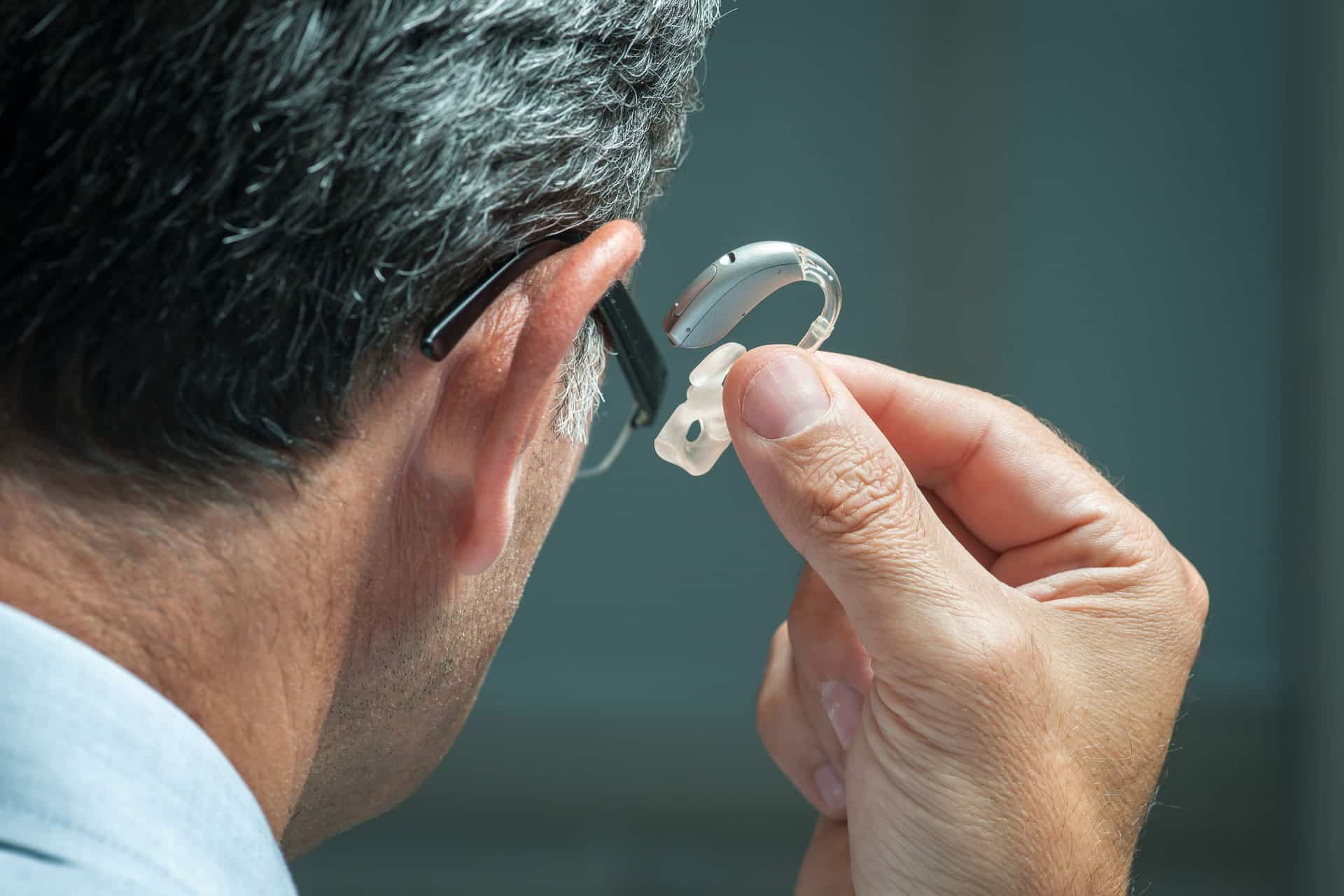Delivery in 2-3 working days
Hearing loss and dementia: an unexpected link
As people age, many notice a deterioration in hearing. This is often dismissed as a natural aging process. But have you ever considered that this seemingly harmless hearing loss could have a deeper significance for overall brain health? It's amazing how closely hearing loss and dementia can be linked.
This unexpected connection between the function of our ear and the health of our brains is both intriguing and critical to our understanding of cognitive disorder prevention. Learn more about the connection between hearing loss and dementia below.
The link between hearing loss and dementia
Age-related hearing loss: a pressing problem in our aging society
Age brings many changes, and among them is the increased risk of hearing loss. Studies show that more than 30 percent of people over the age of 65 suffer from age-related hearing loss suffer. This is not only a problem in terms of hearing per se, but it also has an impact on other aspects of health.
Less clarity in communication, social challenges and feelings of isolation are just a few of the problems that can be caused by hearing loss. Also of concern is the potential indirect impact that such hearing loss can have on the brain and especially on cognitive function.
Cognitive load: When the brain is constantly working at full speed
Imagine being in a noisy environment and trying to follow a conversation, but only being able to catch bits and pieces of it. Your brain is constantly trying to fill in the gaps and understand the context. This requires a considerable cognitive effort.
Over time, this constant stress and effort to fill in missing information can contribute to cognitive problems. Constantly "filling in the blanks" takes up valuable cognitive resources that would otherwise be available for other brain functions. This condition can thus also increase the risk of developing conditions such as dementia. It is therefore crucial both to raise awareness of these connections and to take preventive measures.
Hearing loss and dementia: Can hearing aids and hearing devices be the key in dementia prevention?
Hearing aids: More than just a tool to improve sound
Hearing aids are much more than simple amplifiers. By refining and clarifying the auditory information sent to the brain, they reduce the cognitive load that occurs when our brain must constantly try to interpret unclear or incomplete auditory information. By reducing this "guessing game," the brain can use its energy more efficiently.
In fact, scientific research has indicated that wearing hearing aids regularly not only improves hearing quality, but can also help reduce the risk of developing dementia.
Cochlear implants: Revolutionary technology for people with severe hearing loss
Cochlear implants are a breakthrough alternative for people who suffer from severe hearing loss but for whom conventional hearing aids are not sufficient. These advanced hearing aids convert sound waves into electrical signals that are transmitted directly to the auditory nerve. As a result, they offer a significantly improved hearing experience. But their benefits are not limited to just the Hearing.
By improving the quality of auditory information the brain receives, cochlear implants can also help protect the brain from the cognitive overload that often accompanies severe hearing loss.
Effects of age: How do hearing loss and dementia link over time?
As we age, the likelihood of facing health problems such as hearing loss and dementia increases. The link between hearing loss and dementia is an area that is receiving increasing attention, and it is important that we are aware of both the individual and shared risks of these conditions. But how can we effectively guard against this dual health threat?
The importance of education and health care regarding hearing loss and dementia.
Scientific research is still in its infancy when it comes to fully unraveling the exact connection between hearing loss and dementia. But one thing is certain: knowing the potential and risks of both conditions and taking a proactive approach to our hearing health can make a significant difference. By becoming informed, taking precautionary measures, and getting your hearing and brain health checked regularly, you can better address future health challenges.
The saying "knowledge is power" has a very special meaning here - and in this case, you could say that both your ears and your brain benefit.



